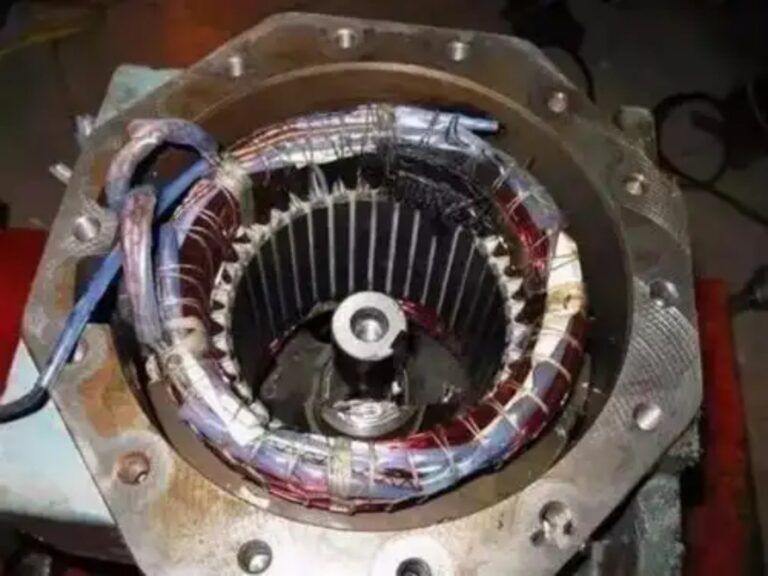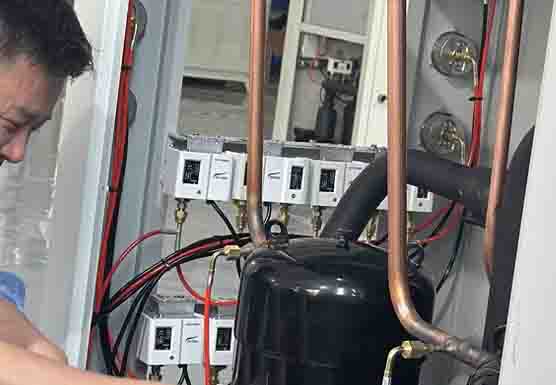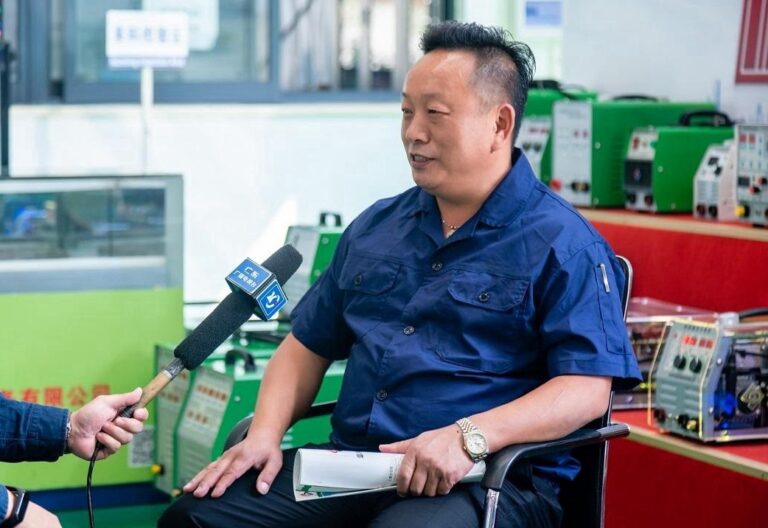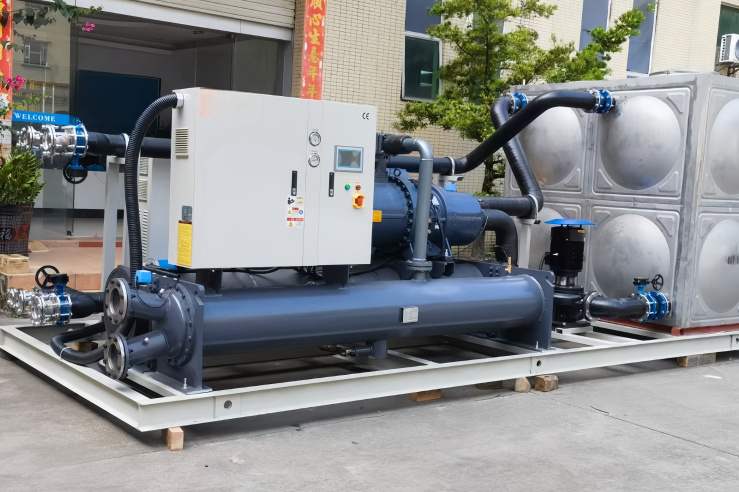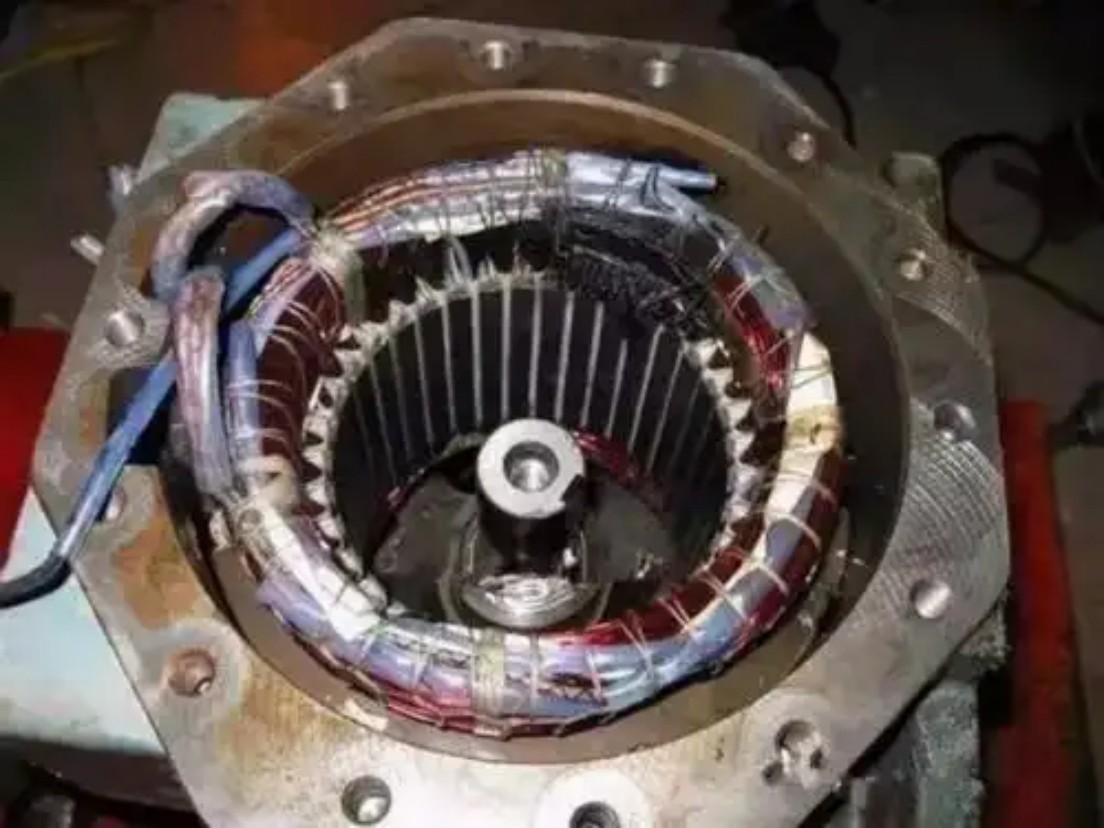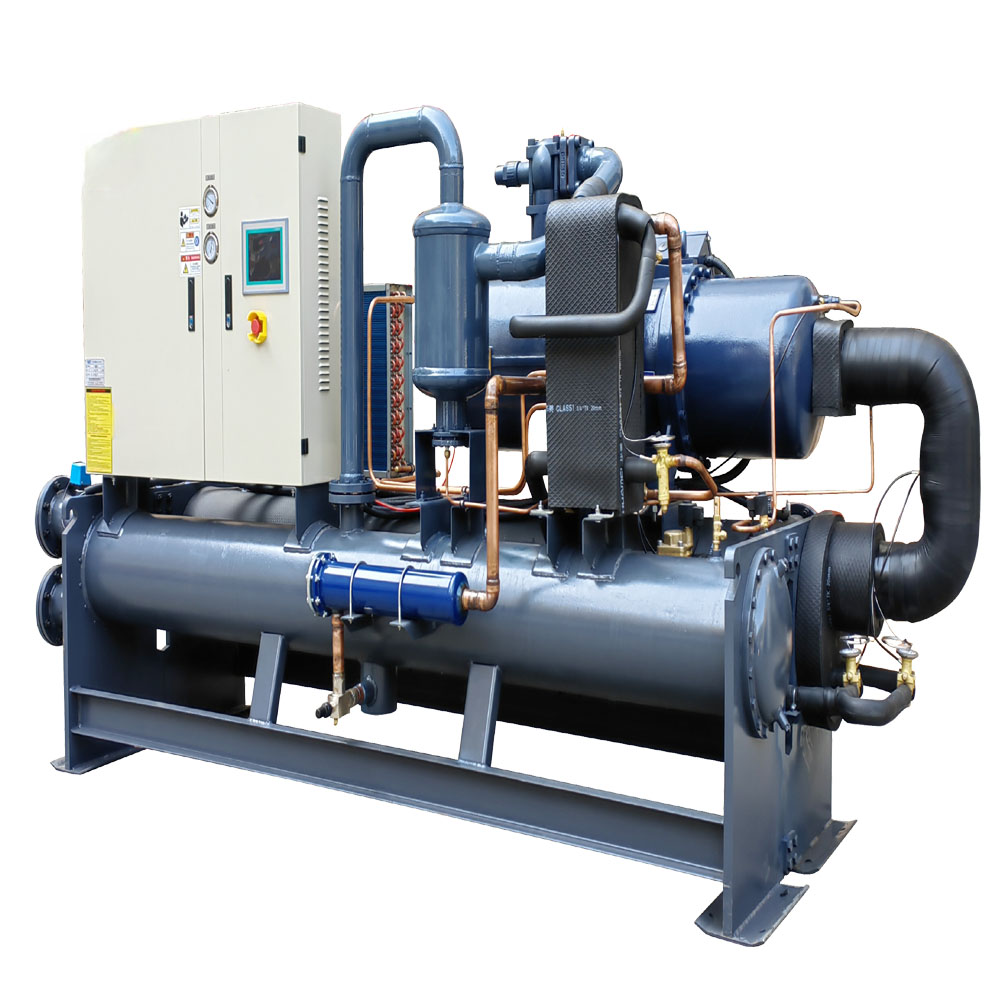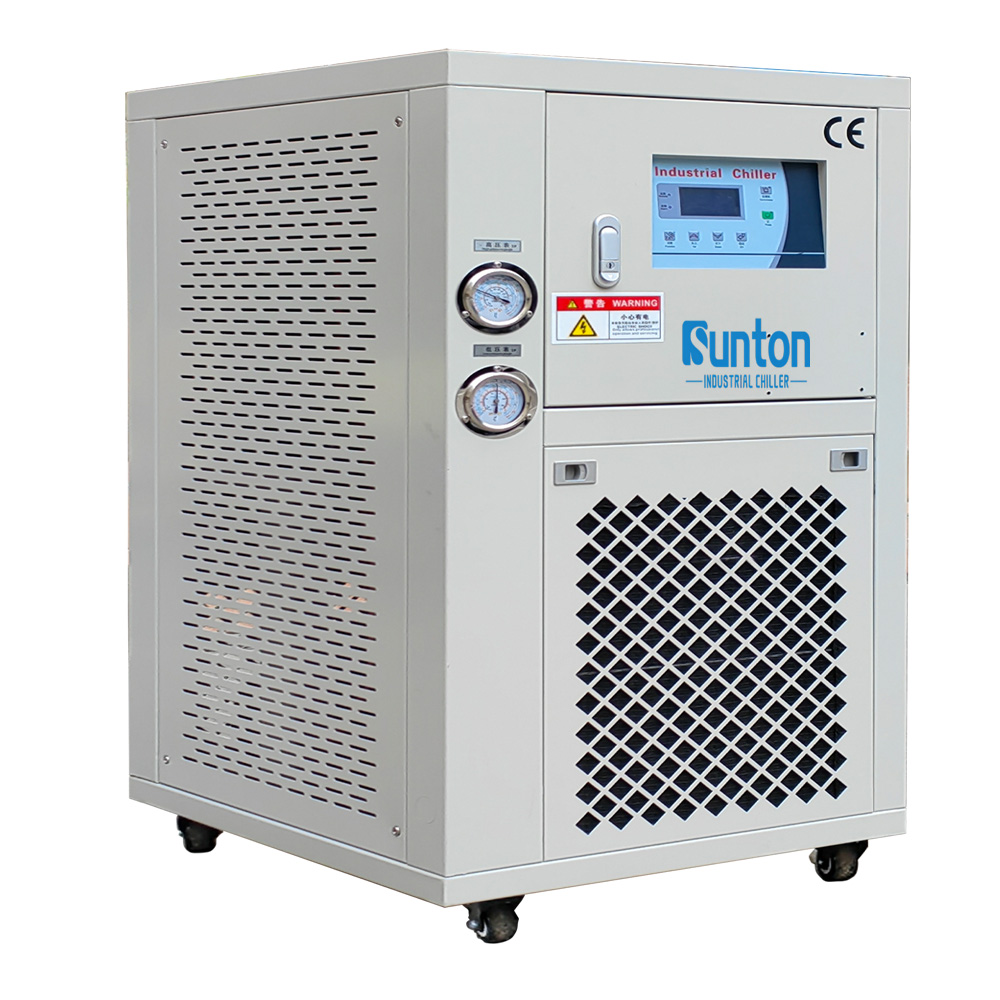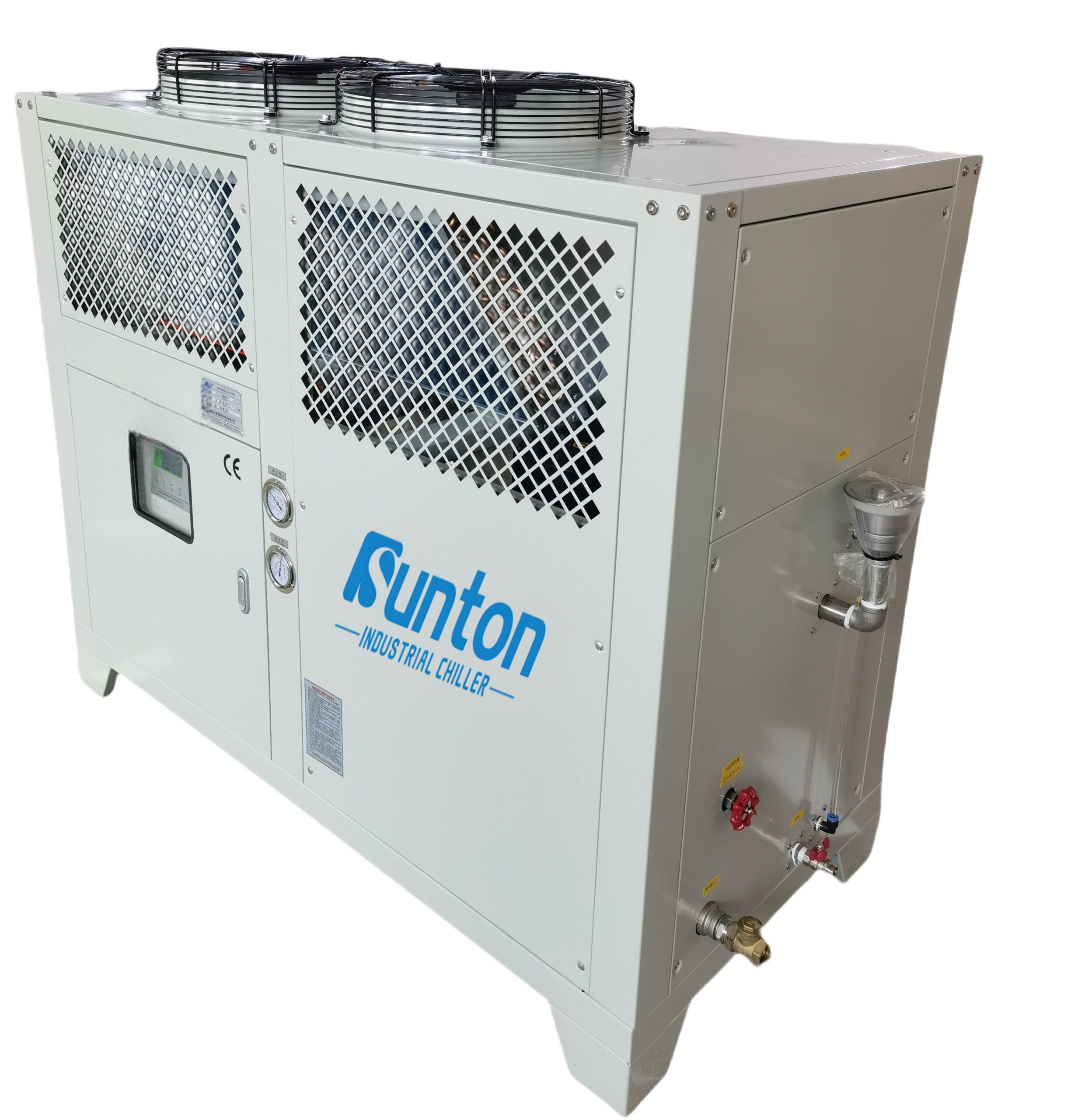-
Dalingshan Industrial Guangdong
Temukan perbedaan utama antara sistem pendingin dan pendingin udara dalam panduan lengkap kami. Pelajari bagaimana sistem air dingin dan HVAC menjaga ruangan Anda tetap sejuk.
Memahami dapat diintegrasikan dengan pendingin udara untuk pengendalian suhu yang lebih baik Sistem Pendingin Udara dan HVAC untuk Pendinginan Bangunan yang Efektif
Dalam dunia arsitektur dan desain modern, sebuah organisasi yang dapat diandalkan AC dan Sistem pendingin HVAC sangat penting untuk meningkatkan kinerja sistem AC. mencapai lingkungan yang nyaman dan berkelanjutan. Baik itu memenuhi berbagai kebutuhan proyek pendinginan gedung, RSUD, Lingkungan pusat perbelanjaan mendapat manfaat dari penggunaan pendingin industri untuk menjaga kenyamanan., hotel, atau sekolah, artikel ini akan memandu Anda dalam memilih solusi optimal untuk kebutuhan Anda. Mari kita bahas apa yang membuat sistem ini sangat penting.
Daftar Isi
Apa itu Chiller dan Bagaimana Fungsinya dalam Sistem HVAC?
A pendingin merupakan bagian integral dari suatu Sistem HVAC, dirancang untuk menghilangkan panas dari cairan melalui siklus pendinginan kompresi uap atau penyerapan. Cairan yang didinginkan ini kemudian disirkulasikan melalui penukar panas untuk udara dalam ruangan pendinginan dan dehumidifikasi.
Fungsi Utama dalam Sistem HVAC
- Kapasitas Pendinginan:Pendingin dirancang untuk memfasilitasi pendinginan substansial, memastikan kenyamanan di ruangan yang besar.
- Efisiensi Proses:Mereka menggunakan serangkaian komponen termasuk kompresor, evaporator berperan krusial dalam proses kerja chiller guna memudahkan pendinginan. berperan krusial dalam proses kerja chiller guna memudahkan pendinginan.dan kondensor untuk mengelola suhu secara efisien.
Pendingin merupakan komponen yang sangat diperlukan untuk menjaga kondisi hidup dan kerja yang optimal di dalam gedung.
Apa yang Membedakan Pendingin HVAC dengan Pendingin Udara Biasa?
Meskipun keduanya Pendingin HVAC dan pendingin ruangan dirancang untuk Dingin ruang, ada perbedaan yang jelas dalam penerapan dan fungsinya.
Perbedaan Utama
- Skala dan Penggunaan:Pendingin biasanya digunakan dalam sistem pendinginan yang lebih besar dan lebih kompleks seperti yang ditemukan di rumah sakit dan pusat perbelanjaan, sedangkan AC melayani ruangan atau zona individual.
- Metodologi Pendinginan: Pendingin biasanya Gunakan air atau glikol untuk Dingin udara, dibandingkan dengan sistem refrigeran yang ditemukan pada sistem pendingin tradisional unit pendingin udara.
Memahami perbedaan ini membantu dalam memilih sistem yang optimal untuk kebutuhan infrastruktur Anda.
Menjelajahi Jenis-jenis Pendingin
Ada beberapa jenis pendingin yang dapat menghilangkan kelembapan udara secara efektif. Jenis sistem chiller ini sering digunakan bersama dengan unit AC untuk memberikan pendinginan yang optimal. untuk dipertimbangkan, masing-masing memiliki aplikasi dan keuntungan yang unik.
Pendingin Berpendingin Udara
- Keuntungan: Mudah dipasang dan dirawat, cocok untuk proyek skala kecil.
- Aplikasi pendingin industri mencakup fasilitas besar seperti pusat perbelanjaan.: Paling cocok untuk lingkungan dengan keterbatasan ruang dan pasokan air.
Pendingin Berpendingin Air
- Keuntungan: Umumnya lebih hemat energi dan lebih disukai untuk operasi berskala besar.
- AplikasiDigunakan dalam lingkungan di mana pasokan air yang tersedia dapat disirkulasikan secara efisien, seperti dalam proses industri.
Memilih jenis pendingin yang tepat tergantung pada kebutuhan spesifik dan kondisi lokasi Anda.
Komponen Sistem Pendingin
Pemahaman yang kuat tentang komponen sistem pendingin sangat penting untuk mengoptimalkan kinerja.
Komponen Penting
- Kompresor: Bertindak sebagai jantung pendingin, mengompresi refrigeran untuk memulai siklus pendinginan.
- Evaporator: Mengubah refrigeran dari cair menjadi gas, memberikan efek pendinginan yang diperlukan untuk pertukaran panas.
- Menara Pendingin: Menghilangkan kelebihan panas dari sistem, penting untuk menjaga stabilitas operasional.
Komponen-komponen ini bekerja secara bersama-sama untuk memberikan solusi yang konsisten dan efisien. sistem pendingin.
Apa Pro dan Kontra Sistem Air Dingin?
Sistem air dingin sangat penting untuk menyediakan udara dingin dalam berbagai aplikasi. memberikan manfaat yang unik tetapi juga menimbulkan beberapa tantangan.
Kelebihan
- Efisiensi Energi: Lebih efisien untuk ruangan besar; menghemat energi dibandingkan dengan beberapa unit yang lebih kecil.
- Presisi Suhu: Memungkinkan pengaturan yang tepat suhu udara, meningkatkan tingkat kenyamanan.
Kontra
- Biaya Instalasi: Awal instalasi sistem dapat memakan biaya besar dan menuntut penyesuaian infrastruktur yang signifikan.
- Persyaratan Ruang: Membutuhkan ruang yang cukup untuk komponen seperti menara pendingin.
Memahami faktor-faktor ini membantu dalam mengevaluasi kesesuaian sistem air dingin untuk kebutuhan Anda.
Memahami Efisiensi Energi dalam Sistem HVAC
Mengoptimalkan efisiensi energi di dalam Sistem HVAC sering kali menggabungkan teknologi AC dan chiller untuk pengendalian iklim yang komprehensif. sering kali menggabungkan teknologi AC dan chiller untuk pengendalian iklim yang komprehensif. sangat penting untuk mengurangi biaya operasional dan meningkatkan keberlanjutan lingkungan.
Inisiatif Efisiensi Energi
- Kontrol Cerdas: Penggunaan sistem otomatis untuk menyesuaikan pengaturan berdasarkan pola penggunaan dan kondisi sekitar.
- Perawatan Rutin: Memastikan semua komponen berfungsi optimal, meningkatkan efisiensi sistem secara keseluruhan.
- Desain yang Efisien: Memastikan sistem berukuran tepat untuk ruang yang dilayaninya, menghindari pemborosan energi dari solusi berukuran terlalu besar atau terlalu kecil.
Efisiensi energi tidak hanya mengurangi biaya tetapi juga berkontribusi signifikan terhadap peningkatan kualitas dan kenyamanan udara dalam ruangan.
Instalasi dan Pemeliharaan Sistem Chiller
Sesuai instalasi dan pemeliharaan berkelanjutan sistem pendingin sangat penting untuk keawetan dan kinerjanya.
Tips Instalasi
- Keahlian ProfesionalLibatkan pemasang berpengalaman untuk memastikan kepatuhan terhadap kode dan standar yang relevan.
- Persiapan Lokasi: Pastikan situs dapat mengakomodasi komponen yang diperlukan, termasuk ruang untuk menara pendingin dan akses pemeliharaan.
Pertimbangan Pemeliharaan
- Pemeriksaan Rutin: Periksa sistem secara berkala untuk mengetahui adanya kebocoran atau masalah mekanis.
- Peningkatan Sistem: Pertimbangkan peningkatan komponen untuk memastikan efisiensi dan kinerja yang berkelanjutan.
Praktik ini memastikan umur panjang dan stabilitas operasional sistem.
Bagaimana Perbandingan Pendingin Berpendingin Udara dan Pendingin Berpendingin Air?
Memilih antara berpendingin udara dan pendingin berpendingin air membutuhkan pemahaman mengenai kelebihan dan kekurangannya masing-masing.
Ikhtisar Perbandingan
- Penggunaan Energi: Sistem berpendingin air umumnya lebih hemat energi tetapi membutuhkan pasokan air yang andal.
- Instalasi:Pendingin berpendingin udara lebih mudah dipasang dan membutuhkan lebih sedikit infrastruktur.
- Pertunjukan:Pendingin berpendingin air sering kali memberikan hasil yang lebih baik kapasitas pendinginan di lingkungan yang mendukung pemasangannya.
Memutuskan chiller mana yang sesuai dengan kebutuhan Anda melibatkan pertimbangan faktor lingkungan, keuangan, dan logistik.
Apa perbedaan utama antara chiller dan AC?
Chiller digunakan untuk mendinginkan bangunan atau fasilitas besar melalui air dingin, sedangkan AC biasanya digunakan untuk langsung mendinginkan udara di ruang yang lebih kecil, terutama saat menggunakan penangan udara untuk sirkulasi udara yang efisien.
Bagaimana pendingin meningkatkan efisiensi energi?
Dengan mengintegrasikan kontrol canggih dan menentukan ukuran sistem secara strategis, pendingin dapat mengelola penggunaan energi secara efektif untuk mengurangi biaya.
Mengapa pendingin penting untuk proyek bangunan besar?
Pendingin menyediakan daya pendinginan yang diperlukan untuk mempertahankan suhu yang nyaman di ruangan yang besar, menjadikannya penting bagi perusahaan seperti mal dan rumah sakit.
Bagaimana pemeliharaan rutin memengaruhi kinerja pendingin?
Pemeliharaan yang konsisten memastikan pendingin beroperasi secara efisien, memperpanjang masa pakainya dan meningkatkan keandalan.
Kesimpulan: Memilih Sistem Pendingin yang Tepat untuk Kebutuhan Anda
Memutuskan yang terbaik Sistem pendingin HVAC untuk kebutuhan Anda merupakan proses yang rumit yang memerlukan pertimbangan cermat terhadap persyaratan pendinginan spesifik Anda. Dengan memahami jenis, komponen, dan manfaat sistem ini, Anda dapat membuat keputusan yang tepat yang sesuai dengan kebutuhan proyek Anda. Untuk bantuan yang dipersonalisasi dan wawasan lebih lanjut, silakan hubungi hubungi kami.
Hal-hal Penting yang Dapat Dipetik
- Pahami Kebutuhan Anda:Evaluasi skala dan spesifikasi proyek pendinginan Anda.
- Pemilihan SistemPertimbangkan jenis, biaya pemasangan, dan efisiensi energi saat memilih sistem.
- Pemeliharaan BerkelanjutanLakukan pemeriksaan berkala untuk mempertahankan kinerja puncak.
Untuk informasi lebih lanjut tentang solusi pendinginan inovatif, jelajahi Pendingin Air Sekrup Berpendingin Air atau pelajari tentang kami Solusi Pendinginan Chiller Suhu Rendah.

